THE PROMPT
Newsletter of the Canadian Association of Recycling Industries
Volume 7, No. 9, October 2015
SAFETY TIPS
COMPRESSED GAS CYLINDERS
Compressed gases are used in a variety of industrial situations. Flammable compressed gas cylinders pose two specific dangers: the hazardous substances held by the cylinder and the immense pressure within the cylinder itself. Improper storage and handling of cylinders are two common causes of workplace accidents and can inflict serious injuries from flying debris or a blast, contact with the release of gas or fluid, or exposure to fire. Implementing the following storage, handling, and transportation techniques can help reduce accidents.
Proper Storage Techniques
- Secure compressed gas cylinders with chains in an upright manner while in storage or on a cart.
- Separate compressed flammable gas cylinders from oxygen bottles by an open space of 6 m (20 ft) or with a barrier with a minimum fire resistance rating of ½ hour and at least 1.5 m (5 ft) high.
- Store spare cylinders outside of the building in a locked steel cage, in an area protected from the weather.
- Post non-smoking signage near compressed gas cylinder storage areas.
- Do not store other products in gas storage areas, especially not oil or corrosive liquids, sources of ignition or flammable materials.
Handling and Transportation
- Ensure proper PPE are used, including gloves, protective footwear, and eye protection.
- To properly move a cylinder, keep the container upright and ensure that valves have been secured and are in an upward position.
- Use a mechanical aid such as a trolley, if reasonable to do so.
- Be mindful of outdoor conditions when transporting cylinders; they should not be manually moved over uneven ground, in wet or icy conditions, or in poor lightening.
- Never roll cylinders along the ground.
- Never lift a cylinder by its cap, valve, or guard/shroud.
- If possible, carry cylinders in open vehicles or trailers and secure properly so they cannot move during transportation.
- Ensure gas cylinders are clearly labeled to show contents and associated hazards.
- If you are involved in an accident while in transit, tell emergency services what type of gas is being transported.
Proper handling of compressed gas cylinders includes monitoring the integrity of the cylinders as well. Cylinders should be inspected regularly and prior to each use for corrosion, leaks, cracks, and to ensure testing dates are not expired. Maintenance on this equipment should only be performed by trained personnel and proper signage must be used in all storage areas.
[su_divider top=”no”]
CARI EVENTS
CARI’S Consumers’ Night
Hyatt Regency Hotel
Toronto, ON
October 19, 2015
[su_divider top=”no”]
OTHER UPCOMING EVENTS
BIR Round Table Sessions
October 26-27
Prague, Czech Republic
Canadian Waste & Recycling Expo
November 4-6
Montreal QC
Ontario Export Awards Gala Luncheon
November 24
Toronto ON
[su_divider top=”no”]
Canadian Association of Recycling Industries
130 Albert Street Suite 1906
Ottawa, On K1P 5G4
Canada
Telephone: 613-728-6946
Fax: 705-835-6196


